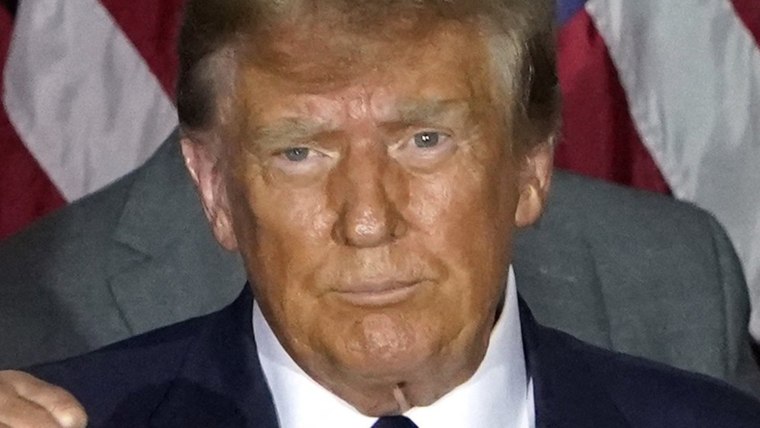As devoted Trump trial watchers know, Judge Arthur Engoron said he hoped to release his ruling by today — Jan. 31 — in the New York attorney general’s civil fraud trial against former President Donald Trump; his adult sons, Eric and Don Jr.; multiple Trump-owned companies; and others.
And as we wait, I decided last night to take a closer look at the letter sent to Engoron by former federal Judge Barbara Jones last Friday, when I was consumed with the verdict in another Trump civil trial — E. Jean Carroll’s second defamation case.
You might remember that Jones was initially appointed as an independent monitor of the Trump Organization in late 2022, when the New York AG’s office obtained a preliminary injunction in the case based on its initial showing of long-standing fraud throughout the organization’s financial statements. Jones — whose appointment was agreed to by both sides — has served in that capacity since, and she submits semi-regular reports to Engoron.
In her most recent report, as many have noted, she not only identified a variety of irregularities but also flagged something potentially more significant: the absence of any loan agreement memorializing what she understood to be a $48 million loan to Trump from Chicago Unit Acquisition, an entity affiliated with his Chicago building. That loan, which reportedly was made in 2012, seems to have been repeatedly included among Trump’s liabilities in his U.S. Office of Government Ethics-required financial disclosures in 2018, 2019, 2020 and just days before leaving office in 2021. Yet in her letter, Jones noted that in her recent discussions with the Trump Organization, the company “indicated that it has determined that this loan never existed.”
What’s more, Jones’ letter implies that Trump’s present-day disclosures to the Office of Government Ethics are similarly flawed. Indeed, a review of Trump’s 2023 personal financial disclosure report, which he filed as a presidential candidate in April of last year, reflects the loan as an existing liability, not an extinguished one. If the loan never existed, that means that Trump — while under a court-appointed monitorship — was lying to the federal government and misleading the monitor.
What could this all mean? After all, Trump’s team has rebutted Jones’ account, insisting that executives never told Jones the loan hadn’t existed and providing a recent memo — without any identifiable author — simply stating that the loan was no longer due or payable.
But if there never was any loan, the consequences could be significant — though not necessarily in the way others have suggested. Yes, if Trump received $48 million but never repaid it, that should have had tax consequences. But I am far more interested in how Engoron could be influenced by the discrepancies between how Trump has reported the loan and how he has documented it.
Recall that the New York AG has asked Engoron not only to claw back $370 million in ill-gotten gains from Trump and the other defendants, but also to order a variety of injunctive relief that would prevent Trump and others from doing otherwise lawful acts. That relief includes bans, whether permanently for Trump or more temporarily for Eric and Don Jr., on their participation in the New York real estate industry and their service as directors and officers of New York companies.
In requesting said relief, the attorney general’s office argued that the defendants not only have “a demonstrated history of creating and using false financial documents,” but also that their conduct is likely to recur without such measures. Why? Because, the AG’s office argues, Trump and the others’ unlawful financial conduct persisted throughout the attorney general’s investigation and even after the monitor’s appointment. That Jones has uncovered what could be even further evidence of fraud, as recently as last year, could be the cherry on top of the sundae that Engoron serves Trump.

